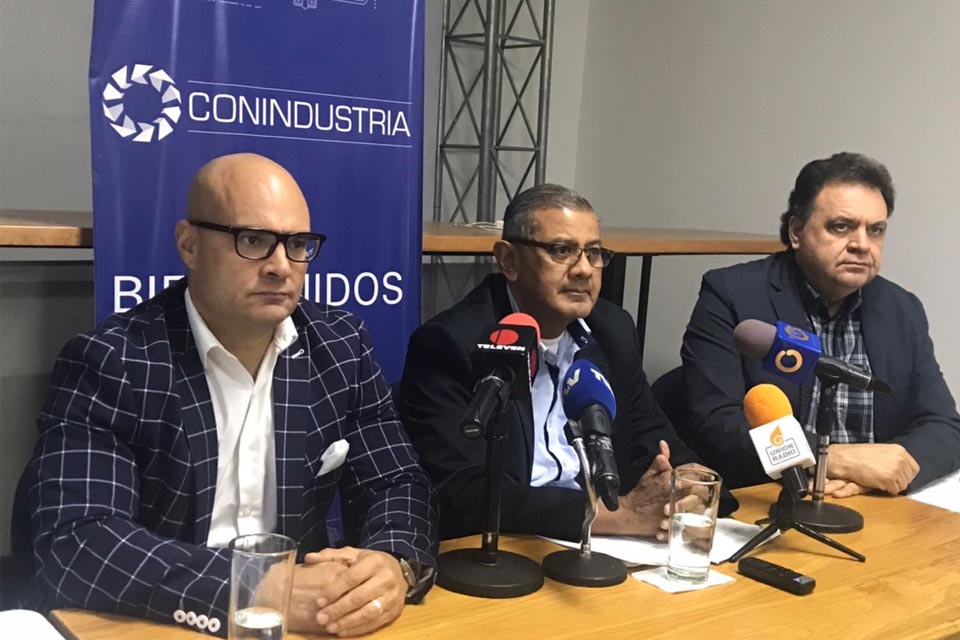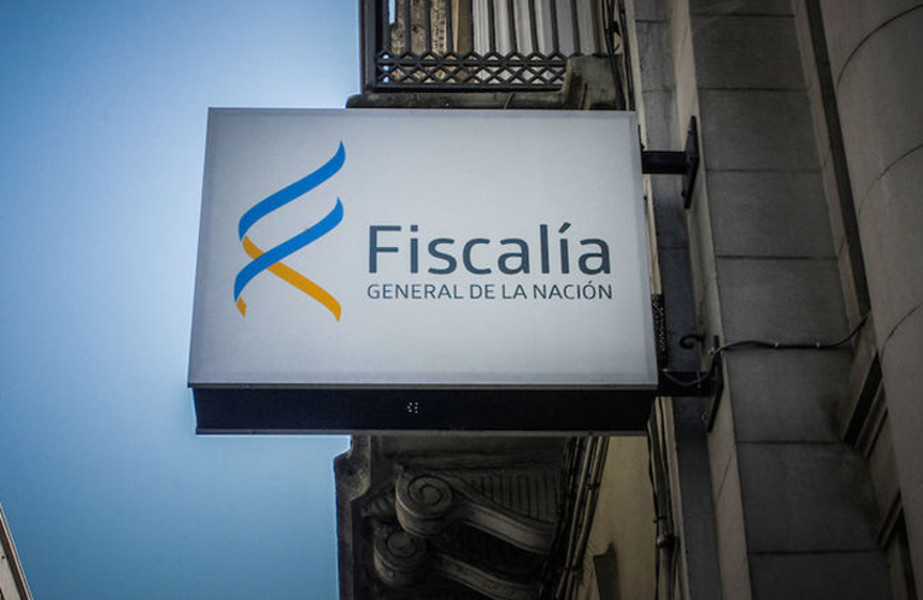There are procedures that in 2020 could cost $50 and now exceed $20,000, thanks to changes in laws and regulations such as the reform of the Tax Stamp Law of the state of Aragua, which endangers the activity of industrialists in Aragua
As a result of the desire of the government of Nicolás Maduro to obtain capital, the last two years have been characterized by the increase in existing taxes and the appearance of new ones indiscriminately, a situation that has especially affected companies in Aragua, which they do not find an answer to keep their activity sustainable.
This was denounced by the president of the Chamber of Industrialists of the Aragua State (CIEA), Freddy Lujano, who denounced that the excessive collection of taxes in the entity has put at risk the ability of many companies to remain operational.
According to Lujano, there are procedures that in 2020 could cost $50 and now exceed $20,000, thanks to changes in both national and regional laws and regulations.
He placed special emphasis on the Tax Stamp Law of the state of Araguamodified in June 2020, which anchored the calculation of tariffs to the petro —and indirectly to the dollar—, generating taxes with prices that, in his opinion, are absurd.
“Companies that in 2020 paid on average an amount equivalent to about $50 for the firefighter permit process, which requires the tax stamp, when they returned in 2021 to comply with the same obligation, they found that it cost the equivalent of $20,300, something disproportionate », he confessed this Friday, July 8, at a CIEA press conference held at the Conindustria building, located in Chuao, Caracas.
Accompanied by the president of Fedecamaras Aragua, Pierluigi Michelangelo, and the President of the Chamber of the Pharmaceutical Industry (Cifar), Tito López, they highlighted that the industrial sector has requested the revision of this regulation on several occasions, without the Government taking action. in the matter.
“In February of this year we delivered a communication with several proposals, we met with the Attorney General of the state of Aragua, Keyla Vidal, with a representative of the Vice Ministry of Industrial Development, we also sent a communication to the governor of Aragua, Karina Carpio, with several proposals”, relaxed Lujano.
From the Fedecamaras spokesperson, Michelangelo requested that the payment of taxes be more rational, since the consequence of fiscal voracity is the decapitalization of companies and, therefore, a setback in the recovery of industrial activity that had been achieved in 2021.
“Where is the money going to come from to pay these taxes? The companies have no income and are trying to decapitalize them by forcing a disproportionate payment. I don’t see a formula to get out of the quagmire. We are going to jettison this small improvement in economic activity », he argued.
*Also read: The Venezuela that “was not fixed”: The collapse of the national industry
He also warned that the absence of conditions to sustain economic activity in Aragua would encourage many businessmen to flee the state in search of better conditions in other entities, as well as having the negative effect of alienating potential investors.
“We have the economic sector in Aragua thinking of going to other states, and those who thought of investing in Aragua must be thinking twice about going to a state on which taxes are imposed that escape all economic logic,” he insisted.
Another risk of the disproportionate payment of taxes —which in some cases have increased by up to 10,000%— is the escape to informality by not having alternatives to operate within the legal framework, an option available to small and medium-sized companies. This would generate that there is no payment of taxes, so it would be counterproductive for the Government.
“It is a problem that affects all companies. Those that cannot cover will be informalized. This will affect the situation much more. If you had a company that paid few taxes, now you will have a company that pays nothing », he stressed.
Finally, Tito López stressed that there are up to 13 different types of taxes that trigger the operating expenses of companies in a context in which there is no financial leverage on the part of the bank, since bank credit is not available due to government policies. .
“5 years ago you could pay your salary through the bank. The most important thing is that all entrepreneurs in Venezuela work with their own financial muscle. They are companies that do not give any kind of profit, but rather survive and must be maintained », he explained.
*Also read: Loan portfolio grew 29% in one year, but loans are conspicuous by their absence
Post Views:
261








